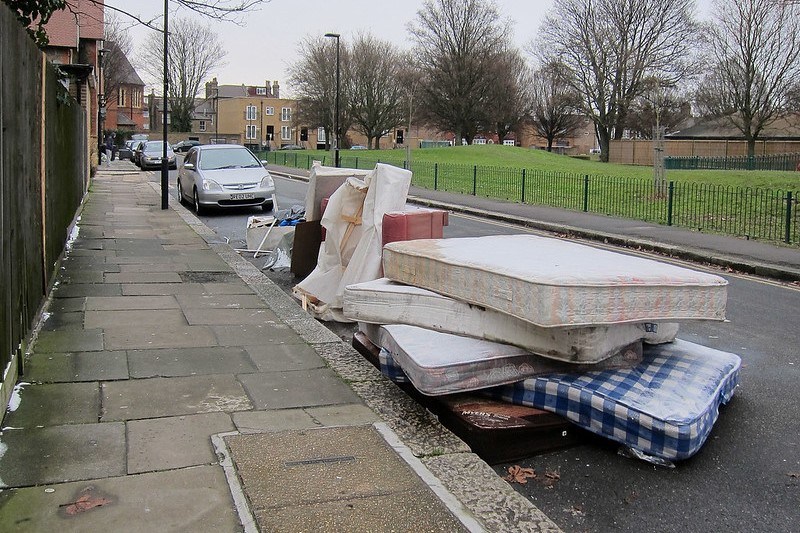During the months of March and April, the cleansing department of the Brussels-City commune received 3,892 reports of fly-tipping – almost half of the number it received during the entire year 2019, Bruzz reported.
The notifications come in via the app Fix my Street, which is becoming more commonly used. As a result, the service picks up seven tonnes of illegally dumped rubbish every day.
Since mid-March, most aspects of normal life in the capital have slowed down or stopped. Despite that, the number of reports of fly-tipping - illegally dumping waste - has increased.
Related News
- Not all waste will be collected separately in Brussels this week
- Brussels container parks open in afternoons again from Monday
“During this lockdown period, the number of reports of fly-tipping in Brussels-City is higher than the average for 2019,” said Zoubida Jellab, councillor for public hygiene.
The reason for the increase remains unclear. On the one hand, people who are spending more time at home may perhaps simply notice fly-tipping more. On the other hand, it may be that people who would normally take their rubbish to quieter parts outside the city are now more restricted in their movements.
Whatever the reason, the punishment is tough – assuming the guilty party is ever traced. For normal rubbish, a fine of €500 per cubic metres is levied, rising to €1,000 per cubic metre in the case of chemical or construction waste.
Those sums can be doubled if the dumping takes place in a green space.
In the hope of catching fly-tippers in the act, the city has nine mobile cameras that can be set up in locations where fly-tipping is common. Another 11 new cameras are due to be delivered in October, bringing the number to 20.
Alan Hope
The Brussels Times

